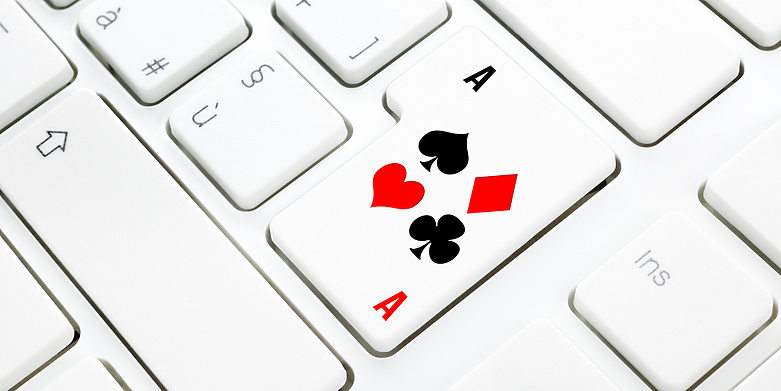Originally posted by Ewan101
Yes, the nature of a slot machine is very different from sports betting. Since no one knows the "true" probability of any sporting event (even the sharpest of sharps is simply estimating), no one can say with certainty whether you have a +EV scenario or not. All you can really say is that, over time, Player X tends to make +EV decisions and that is demonstrated by his/her aggregate results.
A casino game is very different. There are rules defined within the computer algorithm, and the expected value can be precisely calculated, if so desired. Slot machines are always supposed to be -EV by design, so any game which is +EV is arguably flawed.



